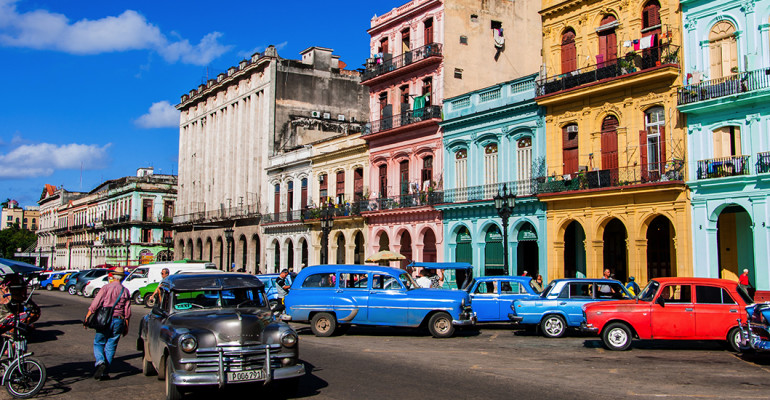Written by Staff Writers from Medelita
After over a decade, an Orange County medical mission returned to Cuba earlier this year to continue the work they started in 2004.
A group of medical professionals from The Plasticos Foundation traveled to Cienfuegos, a small town about 150 miles from the capital Havana, where they performed reconstructive procedures on patients who most need them but simply cannot afford them. Dr. Larry Nichter and his team of plastic surgeons, pediatricians, general surgeons, anesthesiologists, nurses, and an orthodontist (for the first time) have a mission to help disadvantaged individuals who suffer from disfigurements caused by injuries or genetic defects.
The Newport Beach based group based travels around the world on similar medical missions to low income countries that lack the resources and medical knowledge to perform invaluable reconstructive operations. The foundation had been unable to return to Cuba since 2006 due to the embargo placed by the United States Government. With the Obama administration resuming political relations and travel to Cuba opening up again, the team was able to spend a week in Cienfuegos in April 2016 at the Hospital Pediatrico Universitario, performing as many as 50 complicated surgical procedures, some lasting 6 hours or more.
When Susan Williamson, Executive Director of The Plasticos Foundation, visited Cuba in February to assess the needs of the patients, she was appalled by the seemingly medieval conditions at the hospital. A 1930s IV bag warmer and blurry yellow operating room lights are just the tip of the iceberg. Surgical instruments are cleaned in a shed outside the main building by someone in a gas mask with a cleaning solution that emits thick fumes. Doctors have to make do with dial-up Internet connections and there is a desperate shortage of basic necessities such as printer ink.
To address the lack of proper equipment in the hospital, the O.C. team carried gifts including an otoscope to examine ears, an autoclave machine to sterilize surgical instruments, a new IV bag warmer, and bright new operating theater lights for a hospital that still exhibits signs of Cuba’s checkered history with the United States.
Before visiting a country, the Plasticos Foundation requires that the host hospital must meet their highly reasonable criteria: the local doctors must be willing to be trained in the plastic surgery techniques utilized by Plasticos doctors. This transfer of highly skilled knowledge represents a fundamental principle of the organization, the idea that teaching local physicians how to perform necessary procedures is the best way to improve the community’s health in the long term.
Dr. Nichter expressed excitement about sharing the team’s considerable medical expertise with their Cuban counterparts, who are eager to soak up as much information as they can about procedures such as breast reconstruction following mastectomy, burn injury repair, flap surgeries, and lasers.
And yet, the transmission of knowledge is hardly one-sided. Nichter recalls an incident during a prior mission when a Plasticos anesthesiologist jumped up at the sound of a beeping monitor during surgery. His Cuban colleague simply checked the patient’s pulse and declared everything was okay. We do have access to the latest technology, states Nichter, but we sometimes tend to rely too much on it.
The mission of the Plasticos Foundation is an embodiment of what it means to be a doctor on that fundamental human level. These medical professionals devote a shocking amount of time to travel abroad and perform operations free of charge for the communities that need them. Even after they depart, the imprint that this group leaves behind provides critical medical knowledge that extends well beyond their visit.

